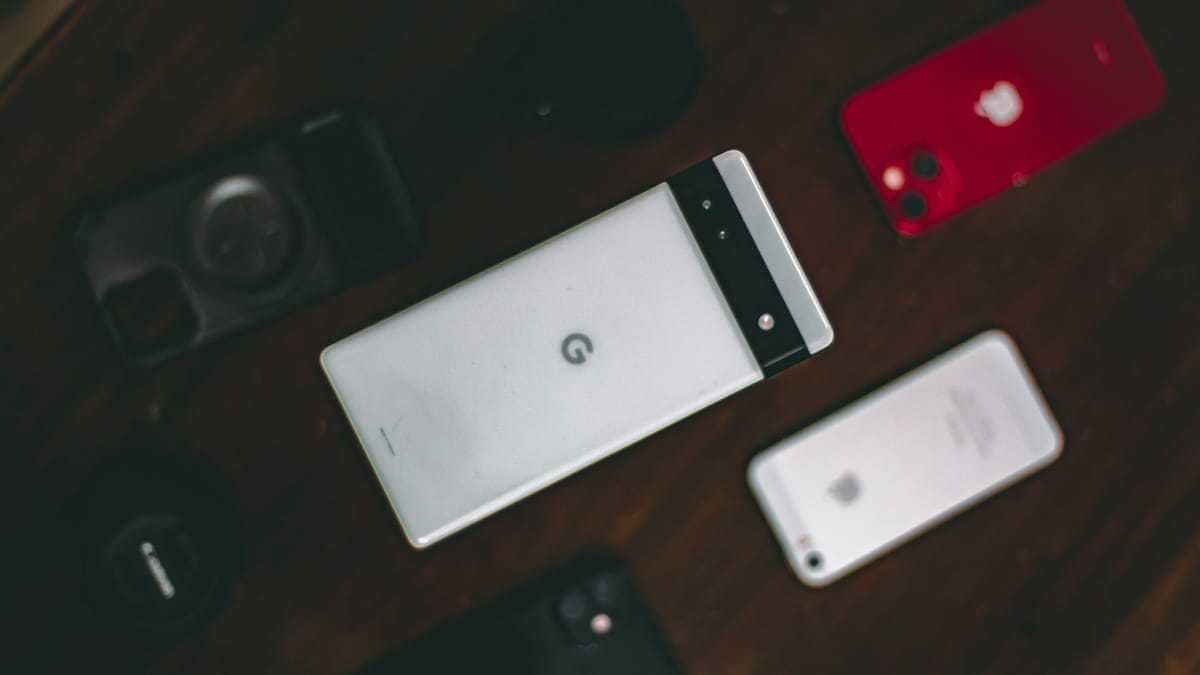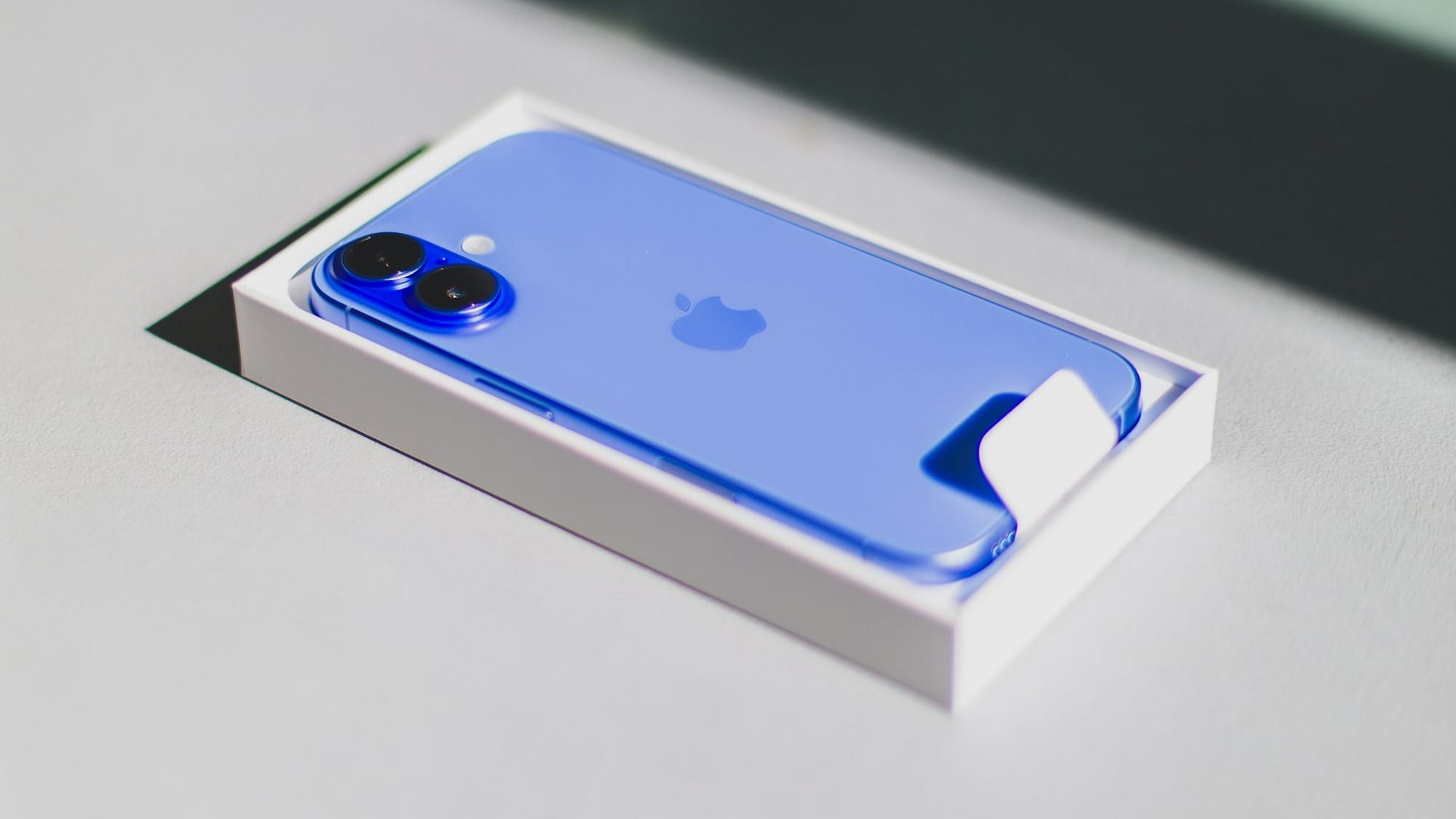Apple offers $10 million to remove iPhone ban in Indonesia
Apple's $10 million investment would see some of its gadgets and accessories being produced locally in Indonesia.
Just a few days ago, Apple took a hit in Indonesia when the country banned the sale of its iPhone 16. The ban came after Apple didn’t meet local production rules, which require companies to have 40% of their product’s components made in Indonesia.
Plus, Apple fell short of its investment pledge, investing only 1.5 trillion rupiah ($95 million) instead of the promised 1.71 trillion rupiah ($108.7 million).

To resolve the issue quickly and kill two birds with one stone, Apple has proposed a $10 million investment in the country. Specifically, it's looking to invest in a factory in Bandung, southeast of Jakarta, which will work to produce accessories and components for Apple gadgets.
The proposal, which has been submitted to Indonesia's Ministry of Industry, is still under review. Sources from Bloomberg have said that the deal is still being negotiated and could change.
If everything goes to plan, Apple could start selling phones in Indonesia again. Plus, with local production, it could improve its market share which is currently at 12.9% in sixth place per Statcounter, and possibly even break into the top five.
For Indonesia, the deal could help strengthen local industries, which is exactly what the government hoped to achieve with these production requirements. And with Indonesia also recently banning the sale of Google’s Pixel phone, Google might want to follow Apple’s lead to bring its devices back to Indonesia.

That said, the restrictions may not have delivered the results the government expected. Despite seven years of these requirements, Indonesia’s manufacturing sector has seen a slight decline. According to Trading Economics, the manufacturing share of Indonesia’s GDP dropped from 20.2% in 2017 – the year the requirements came into full force – to 18.7% in 2023.
While the intentions behind these restrictions may be good, they could also discourage international companies from setting up shop locally. But, with a population of over 283 million, Indonesia is still the world’s fourth-largest market—making it one that big companies can't afford to overlook, despite the challenges.









